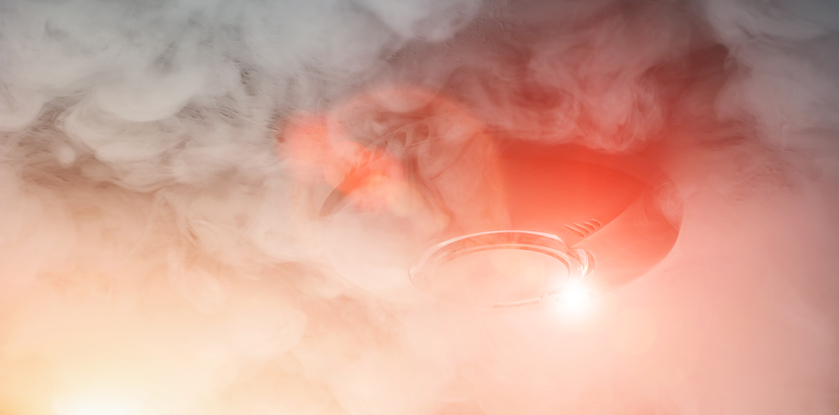Fire Prevention Week begins on October 9th and ends on October 15th. Knowing how to prevent fires is one of the best ways to avoid a severe and debilitating burn injury. However, it is equally important to understand how to become alerted to a fire before it causes harm.
Fire Prevention
You can help prevent fires at home by:
- Watching stoves when they are in use
- Keeping flammables away from portable heaters
- Updating your wiring (particularly if you have aluminum wiring)
- Using a fire screen or closing the glass on your fireplace
- Smoking outside, on concrete or dirt
These steps can help prevent a fire from starting but won’t necessarily protect you when a fire starts in your home. Having an escape plan and practicing it with your family is an excellent way to know how to react in these unfortunate situations.
Smoke Alarms
One of the easiest ways to avoid injury in the case of a fire is being alerted to the fire before it has a chance to harm you. Hardwired smoke alarms are the best way to do this in your home. However, relying on hardwiring alone is not entirely safe. Fires often impact wiring and can disable smoke alarms that do not have a battery backup. Therefore, check the batteries in your smoke alarms every month.
Smoke alarms should be installed:
- Inside Each Bedroom
- Outside of All Sleeping Areas
- On Every Level of the Home
- In All Stairways
- In the Basement
- In the Garage
- In the Attic
It is a good idea to install carbon monoxide detectors in sleeping areas and on every level of the home as well. These may need to be installed lower on the wall in areas with appliances that use gas, such as water heaters. Natural gas is lighter than air and will rise, but propane will settle near the ground. Choose the best option based on the type of appliances and gas in your home uses.
Combination smoke/carbon monoxide detectors can be hardwired for optimal effect. Do your research, and don’t cut costs. Not all of these devices are similarly effective. If you rent, insist that your landlord install the safest and most effective models available.
What to do When You’re Injured
If you or a loved one suffers an injury in a fire and suspect factors beyond your control caused it, you may be entitled to compensation. If you are a renter and your injury was related to faulty, inadequate, or missing equipment, you may also be entitled to seek compensation. The best way to learn is through a one-on-one consultation with a qualified personal injury attorney.
Have you been hurt? Use the lawyer locator on this page to find an established and experienced burn injury attorney in your area right away.
